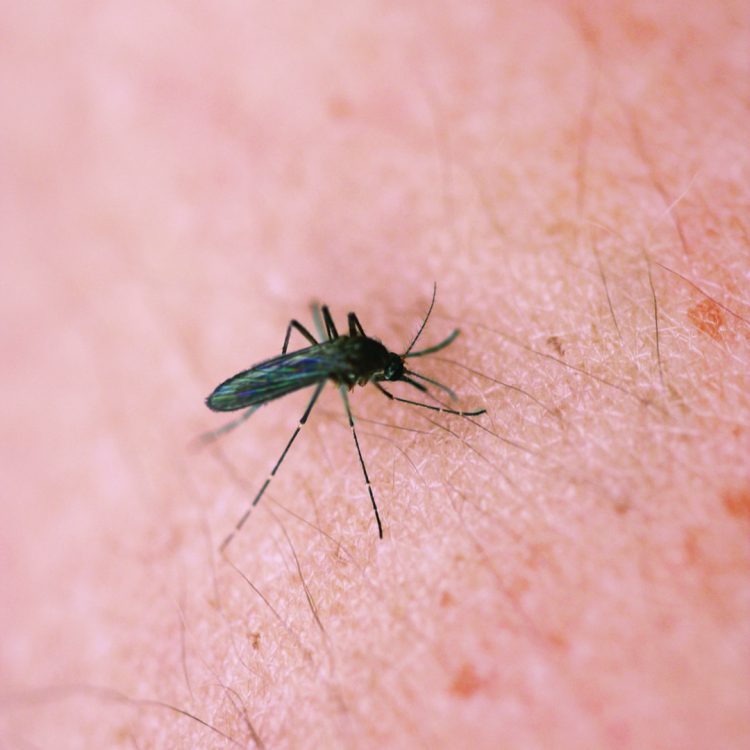Take care not to get bitten by EEE carrying mosquitoes


People are urged to continue to take steps to prevent mosquito bites, after two horses in the state tested positive for eastern equine encephalitis virus (EEE). A case was found in Marathon County, as well as another in Clark County.
This is evidence mosquitoes are present in the state, that can spread EEE to animals and people.
EEE is a rare, but serious disease. One human case of EEE was reported in Wisconsin, earlier this year, but they most likely acquired their infection during travel to another state.
The virus spreads to humans, horses and other animals, through the bite of an infected mosquito. Mosquitoes acquire EEE by feeding on infected birds. The virus is not spread person to person, directly between animals, or between animals and humans.
Some people with EEE may develop fever, headache, chills and vomiting. The illness may become severe resulting in encephalitis (inflammation of the brain), disorientation, seizures, coma or death. About 30 percent of people who develop severe EEE disease will die and those who do survive, often have long-term neurologic problems.
Adults over 50 years old and children under 15 years old are at the greatest risk for developing severe EEE. There is no specific vaccine or treatment for EEE available for people.
Since EEE is known to be circulating in Wisconsin, residents and visitors should take steps to reduce exposure to mosquitoes, and eliminate mosquito breeding sites. Mosquito activity and the risk of EEE, West Nile virus and other diseases spread by mosquitoes, will continue into the fall, until there is a hard frost (temperatures below 28 degrees for at least four straight hours).
Apply an insect repellent with DEET, picaridin, oil of lemon eucalyptus or IR3535, to exposed skin and clothing. Treat clothing with permethrin prior to heading outdoors. Do not apply permethrin directly to skin.
Consider rescheduling outdoor activities that occur during evening or early morning hours, when mosquitoes are most active. Wear long sleeves, long pants and socks when outdoors, to help keep mosquitoes away from skin.
Make sure window and door screens are intact, and tightly fitted, to prevent mosquitoes from getting into the home. Prevent mosquitoes from breeding around homes, by removing stagnant water from items around the property, such as tin cans, plastic containers, flower pots, discarded tires, roof gutters and downspouts.
Turn over wheelbarrows, kiddie pools, buckets and small boats, such as canoes and kayaks, when not in use. Change the water in bird baths and pet dishes at least every three days.
Clean and chlorinate swimming pools, outdoor saunas and hot tubs, and drain water from pool covers. Trim or mow tall grass, weeds and vines, since mosquitoes use these areas to rest during hot daylight hours.

